#anne murphy
Explore tagged Tumblr posts
Text
February 11th - Virtuous Bankers, Anne Murphy
Virtuous Bankers is a work of institutional history, but in a way that is distinct from the way I'd normally use that term - it is not just history viewed through the lenses of institutions, (compare Marc Levinson's The Box, which I would classify as history viewed through the lens of institutional actors) though it is that, but it is primarily a work of history about a specific institution. In this way, anyone hoping to discern immediately what the Bank of England was doing - the Bank of England as an indicator of larger historical trends - may be disappointed, and should instead perhaps turn to the opening sections (at least for the period in question) of David Kynaston's Till Time's Last Sand for this information as it pertains to the time period. Rather, Murphy is writing about what the institution was like, on a truly day to day level. The long arc of history is obscured by the quotidian focus. Of course, this is not a failing, rather the intended focus of the book. But certainly those looking for anything particularly earth-shattering or view-reorienting may be disappointed. Having this book as a basis may, however, allow better understanding of the Bank's function should it come up as an indicator in other sources.
The reader of this book would certainly gain more from it given three things, things that I happen to lack. Firstly, a better comparative overview of public finance and credit in other nations, in particular other European nations, at the time. In Till Time's last Sand, David Kynaston refers to interactions between the Bank of England and the Bank of France regarding the BoE augmenting its low bullion supplies, for instance. But what made English or British finance distinct would be enlightening when it came to examining the precise impacts that day-to-day operations and scope of services may have had on that. Second, a better understanding than mine of the precise nature and operation of financial mechanisms, particular the financial mechanisms of the 18th century, would be extremely beneficial. I have a passing understanding of the nature of bills of exchange but there are certainly sections where if I wanted a stronger understanding I would have to focus harder than I perhaps had been, reread a couple times, or seek out a more focused secondary source - on the functions of bills and banknotes, the process of drawing, the notion of "ready money" and the nature of regular transactions in the period. Thirdly, an understanding of the context that public debt and finance played in Britain's empire would be useful for situating the knowledge from this book in a meaningful framework. A source like HV Bowen's The Business of Empire, cited in the book, would be perhaps useful, among others.
The appendices are excellent and very comprehensive, including all the reports of the first commission and an entire list of the bank's impressive staff roster, as well as their wages. Something striking noted in the book is that the wage of 50 pounds a year had not increased in the century since the foundation of the bank, and was hardly enough to live in London except on a very tight budget. There are many things in this book that one could potentially speculate about in general terms - the involvement of clerks in stock trading and the resulting conflict of interest, or the underdevelopment of security technology at the time, or the difficulty of dealing with large amounts of paper records, but having the actual references for this information is invaluable, and many things - like the particular managerial culture of the bank and similar institutions - is fascinating granular knowledge that we should take care to research rather than our tendency to assume from thin air.
The final interesting factor is the difficulty that I have in immediately connecting this to any kind of theoretical economic approach, either modern or contemporary to the period. Certainly we know from Ricardo that the economic and financial policy of the state was influenced by economic theory, but it's not immediately clear to me what relationship the state had from a theoretical policy standpoint to the act of borrowing and public debt, or how that impacted the bank as attitudes may have shifted. (Again, this might be more of Kynaston's longer-view wheelhouse.) The connection between economic theory and specific infrastructure can wear a bit thin at times - compare again Levinson, mentioned above, on the dependency of the notions of free trade and comparative advantage on the actual physical capacities of international trade - the reference point here being the limitations of clerks and accountants working on paper records to the business of stock trading and the issuing of debt. I'd like to be able, in future, to link this granular analysis of the functioning of the bank to state economic policy and theory, as well as to a broader quote unquote 'materialist' analysis of state and capitalist structure at the time. None of this is obvious from the book, but I don't doubt it could be achieved with a little work.
2 notes
·
View notes
Text
noah reid as patrick brewer you will always be famous
#he literally makes my heart flutter#the way he plays him is just so. special and genuine#a perfect mixture of fun and authenticity and sarcasm and kindness#his little voice <33#i love him i love him i love him#schitt's creek#patrick brewer#noah reid#dan levy#david rose#alexis rose#anne murphy#moira rose#catherine o'hara#johnny rose#eugene levy#lgbt#queer love#gay#mlm#beloved <3
4 notes
·
View notes
Text




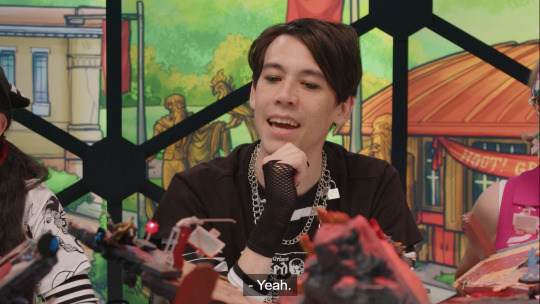

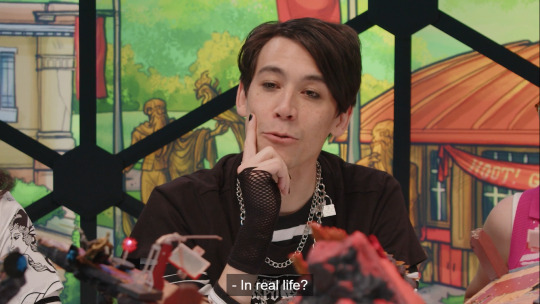
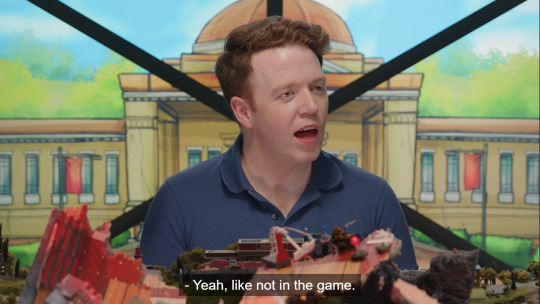
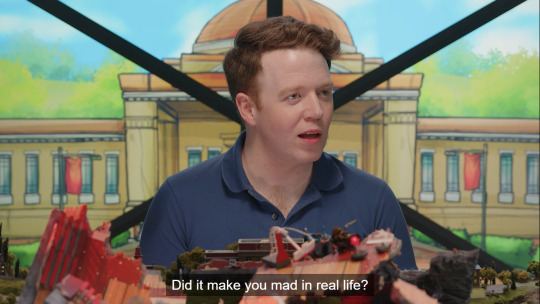
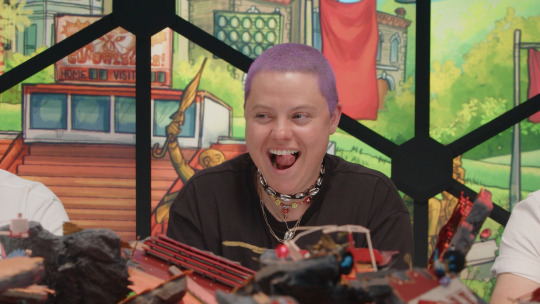
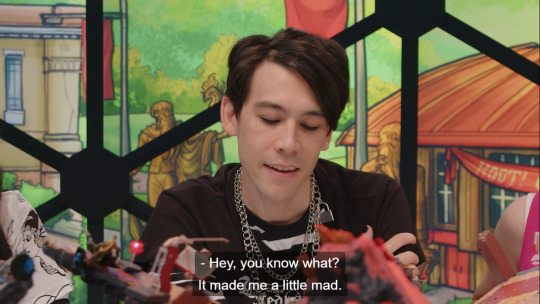
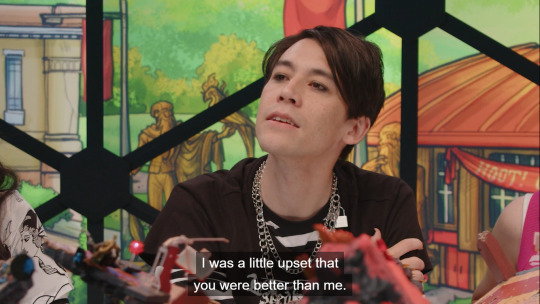


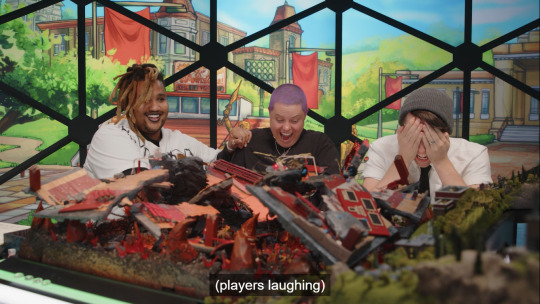
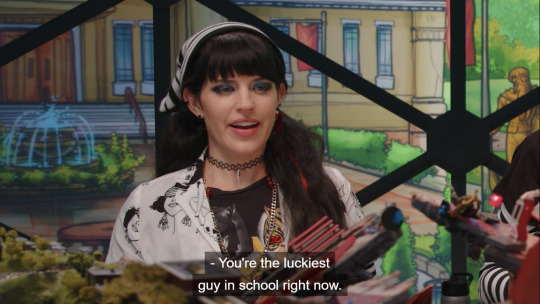
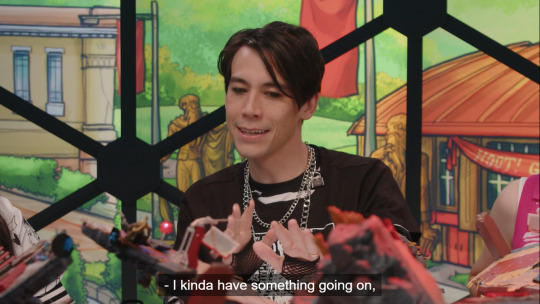
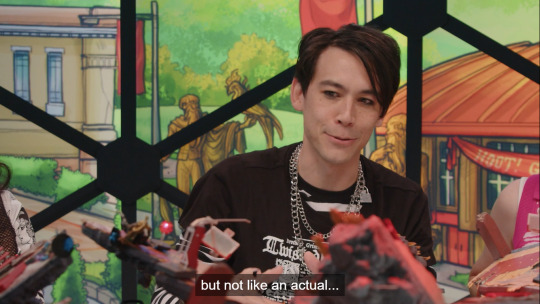
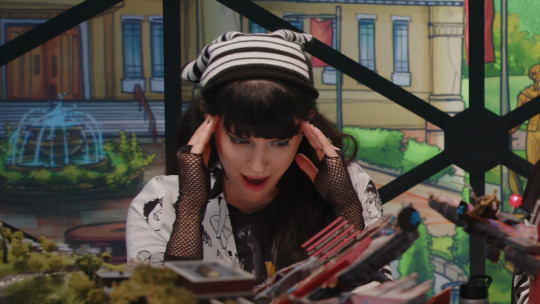

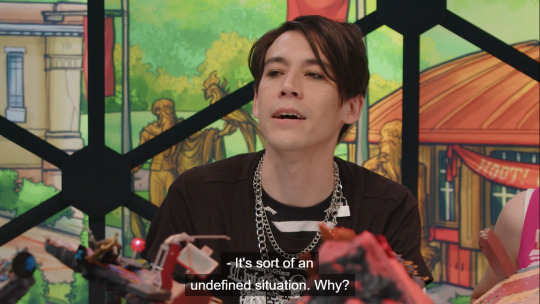

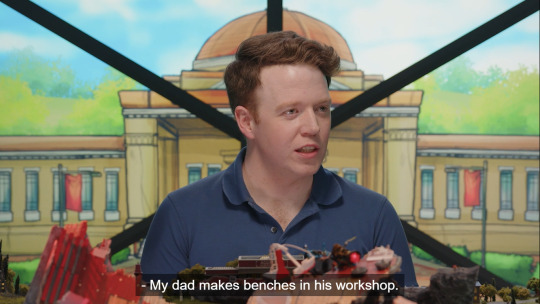
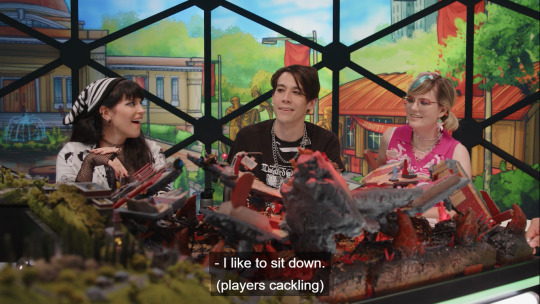
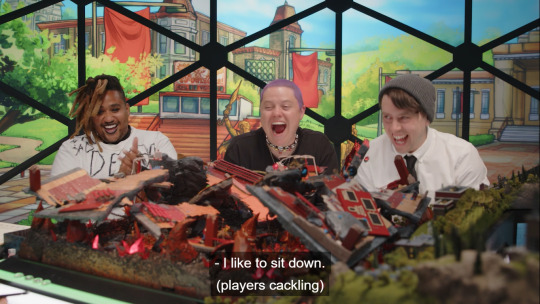

the smoothest fucking neurodivergent flirting I've ever seen holy shit
#should i be taking notes?#i dont know how to stop thinking about 'i like to sit down'#and the fucking OUTFIT TO TOP IT ALL OFF#i feel insane#i bless this union#dimension 20#d20#fantasy high junior year#fhjy spoilers#fhjy#gorgug thistlespring#mary ann skuttle#zac oyama#brennan lee mulligan#ally beardsley#lou wilson#emily axford#siobhan thompson#brian murphy
800 notes
·
View notes
Text
Riz is talking about Mary-Ann the same way Fabian talks about Chungledown Bim:
Adaine: I don't know, I feel like I could take her. She's like half my height
Riz: no no no no no no
Riz: you have not seen what i have seen
#d20#fantasy high#mary ann skuttle#brennan lee mulligan#riz gukgak#brian murphy#d20 memes#fhjy#junior year#junior year spoilers#dimension 20
586 notes
·
View notes
Text
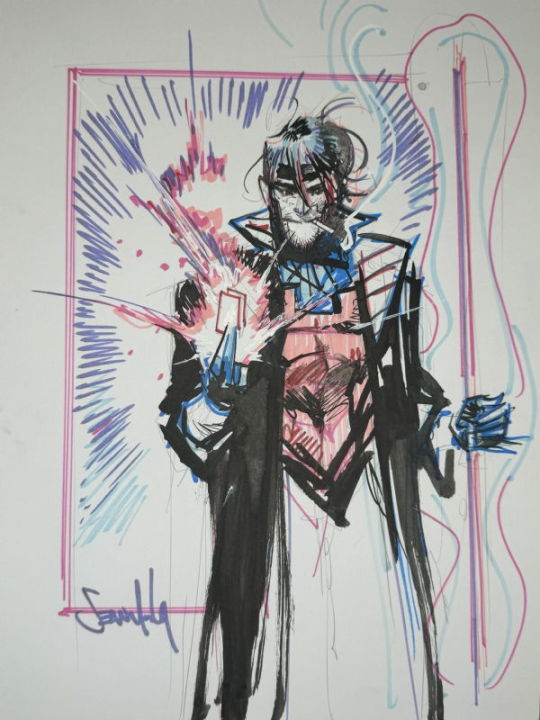
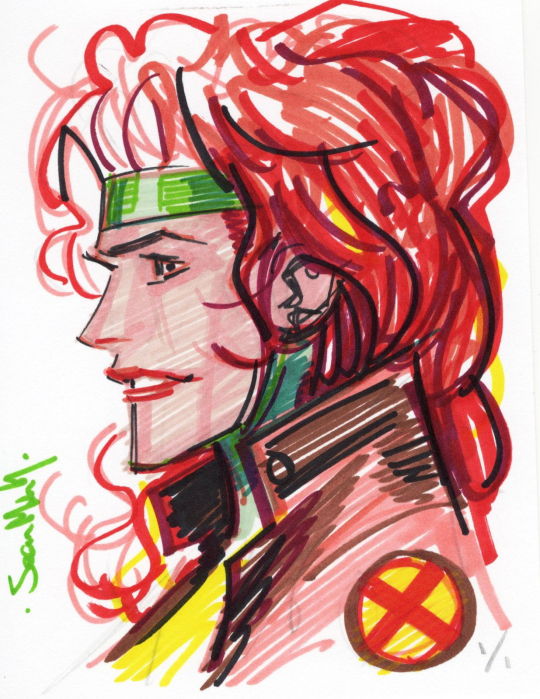
Gambit & Rogue commissions by Sean Gordon Murphy (2024).
#Gambit#Sean Gordon Murphy#2024#X-Men#commission#sketch#husband x wife#rogue x gambit#gambit x rogue#remy lebeau#anne marie#uncanny xmen#to me my x men#chère#cajun#southern belle#x men#marvel#marvel comics#comics#art#cool#lovers#couple#x woman#married#superheroes#malicia#one of the best x men couple#Rogue
181 notes
·
View notes
Text





TO WALK INVISIBLE (2016)
dir. sally wainwright
#to walk invisible#bronte sisters#costume drama#period drama#perioddramaedit#perioddramagif#onlyperioddramas#perioddramasource#weloveperioddrama#filmtvdaily#filmtvcentral#movieedit#moviegifs#filmgifs#filmedit#bbc film#charlotte bronte#emily bronte#anne brontë#finn atkins#chloe pirrie#charlie murphy#my gifs#mine
86 notes
·
View notes
Text













Celebrity Melons
#Salma hayak & Karine plantadit#jessica alba#selena gomez#deborah caprioglio#jennifer love hewitt#serina grandi#donatella damiani#rihanna#anne hathaway#zoe kravitz#alexandra daddario#brittany murphy#sydney sweeny#celebrity breasts#famous funbags
85 notes
·
View notes
Text
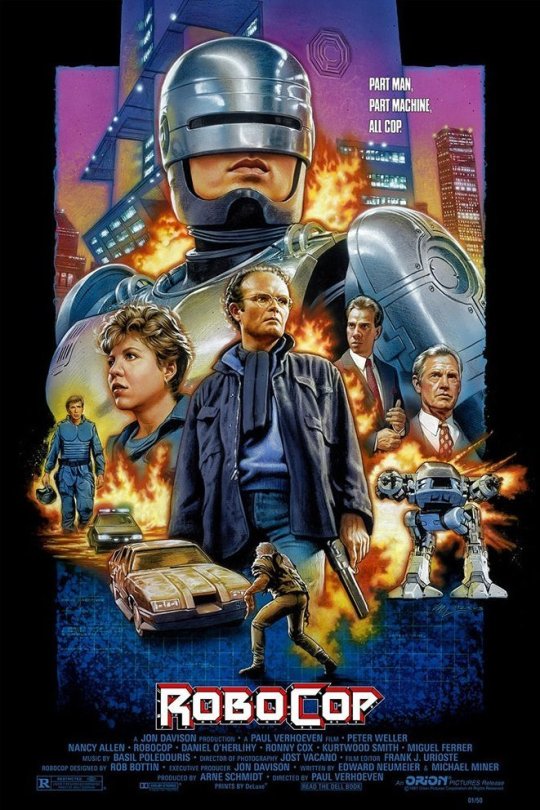
Robocop (1987)
Art by Roger Motzkus and Mondo Posters
#movies#posters#roger motzkus#mondo posters#robocop#paul verhoeven#cyberpunk#peter weller#nancy allen#kurtwood smith#miguel ferrer#ronny cox#alex murphy#anne lewis#dick jones#clarence boddicker#ed-209
255 notes
·
View notes
Text






Doodle dump from insta requests
#mj arts#be more chill#dear evan hansen#ohshc#ouran high school host club#left 4 dead#left 4 dead 2#l4d#l4d2#the owl house#amphibia#jeremy heere#rich goranski#richjer#evan hansen#jared kleinman#kleinsen#connor murphy#treebros#alana beck#haruhi fujioka#l4d francis#l4d2 nick#luz noceda#amity blight#lumity#sasha waybright#anne boonchuy#marcy wu#sashannarcy
85 notes
·
View notes
Text
i love watching movies made by the same director and seeing them use the same actors in different projects.. i too use work as an excuse to see my friends
#christopher nolan#adam sandler#martin scorsese#quentin tarantino#steven spielberg#wes anderson#cillian murphy#joseph gordon levitt#leonardo dicaprio#samuel l jackson#robert de niro#anne hathaway#michael caine#marion cotillard#movies#film
212 notes
·
View notes
Note
i feel like people who wanted the rat grinders to get redeemed and that are mad that the bad kids solved their problems with violence really didn’t understand it. kipperlily was a freak since freshman year, complaining about how she was too privileged to be cool and how riz was lucky to have a dead dad. her growing anger, her deal with porter and her succumbing to rage had to get solved the way it did. holding hands and talking it out was never going to solve it. if the bad kids tried that they wouldn’t have survived.
-
#ask#dropout#dropout tv#dimension 20#d20#dimension twenty#rat grinders#the rat grinders#the high five heroes#the high 5 heroes#kipperlilly copperkettle#klck#ruben hopclap#mary ann skuttle#buddy dawn#oisin hakinvar#ivy embra#lucy frostblade#porter cliffbreaker#brennan lee mulligan#ally beardsley#zac oyama#emiy axford#lou wilson#siobhan thompson#brian murphy#kristen applebees#kristen chilis applebees#kristen fantasy high#riz gukgak
65 notes
·
View notes
Text



Nancy Allen + Peter Weller in RoboCop (1987)
“Murphy, it’s you.”
#nancy allen#peter weller#paul verhoeven#1980's#film#80s#80s movies#1980s movies#1980s#anne lewis#alex murphy#daily80s
127 notes
·
View notes
Text
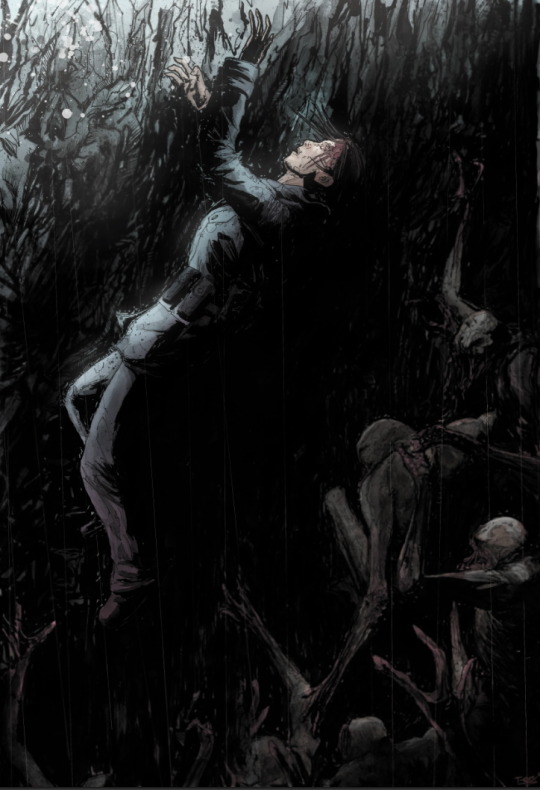

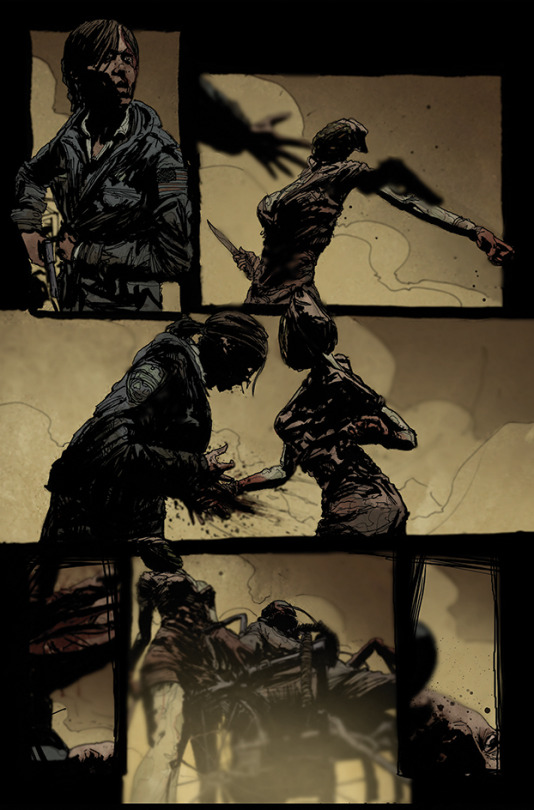
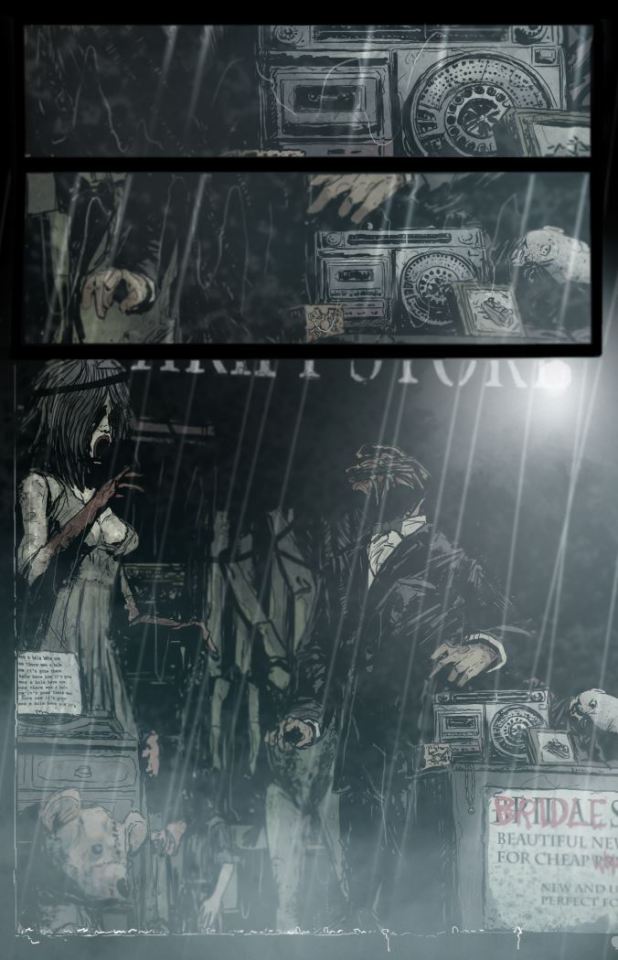
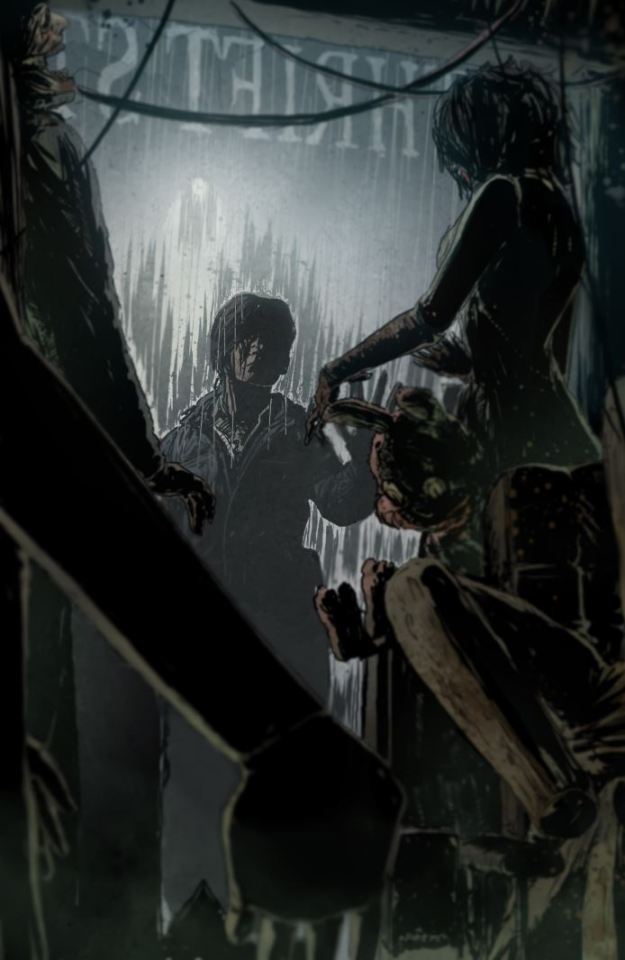
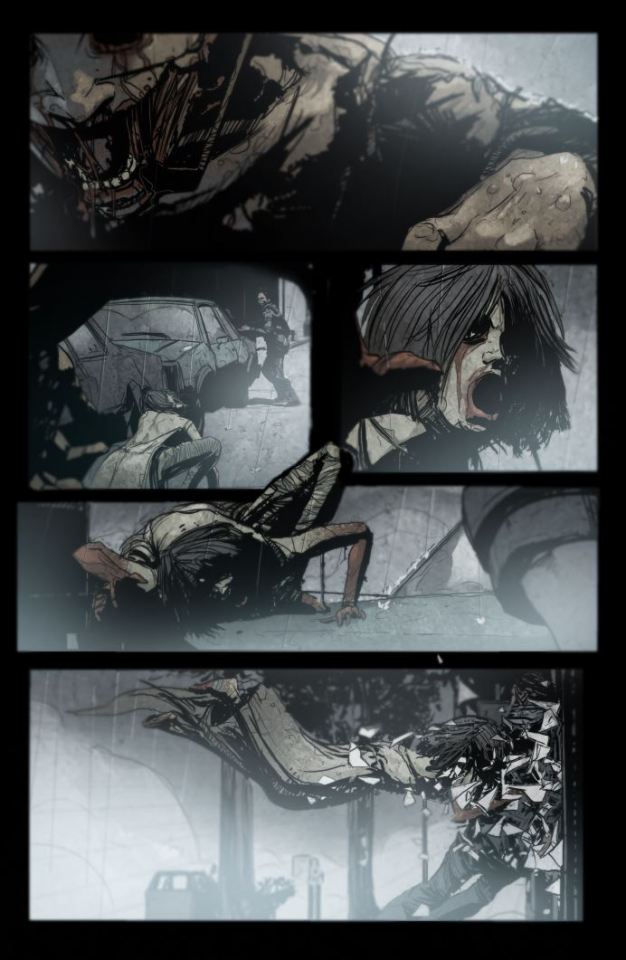
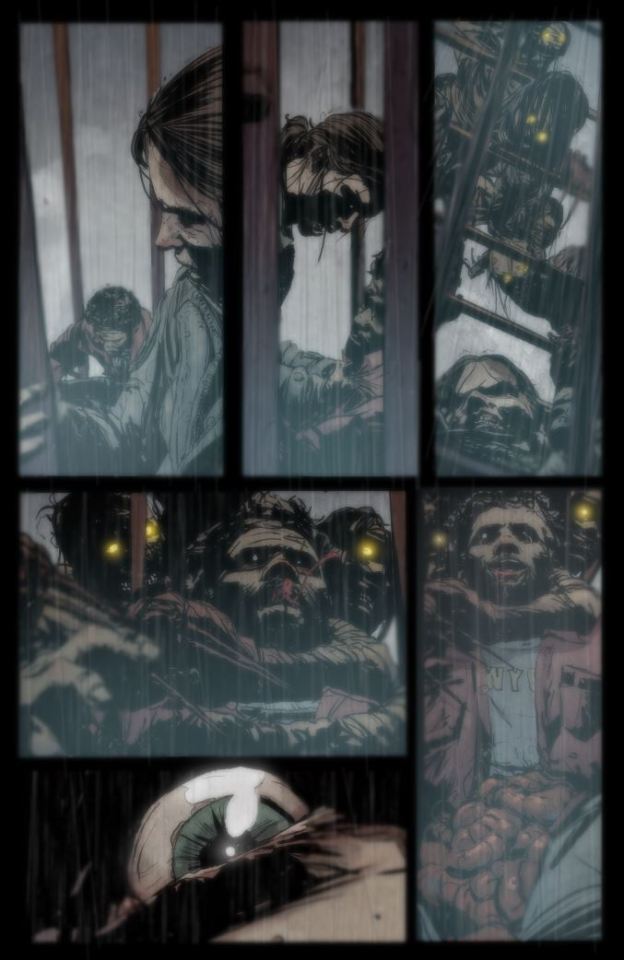
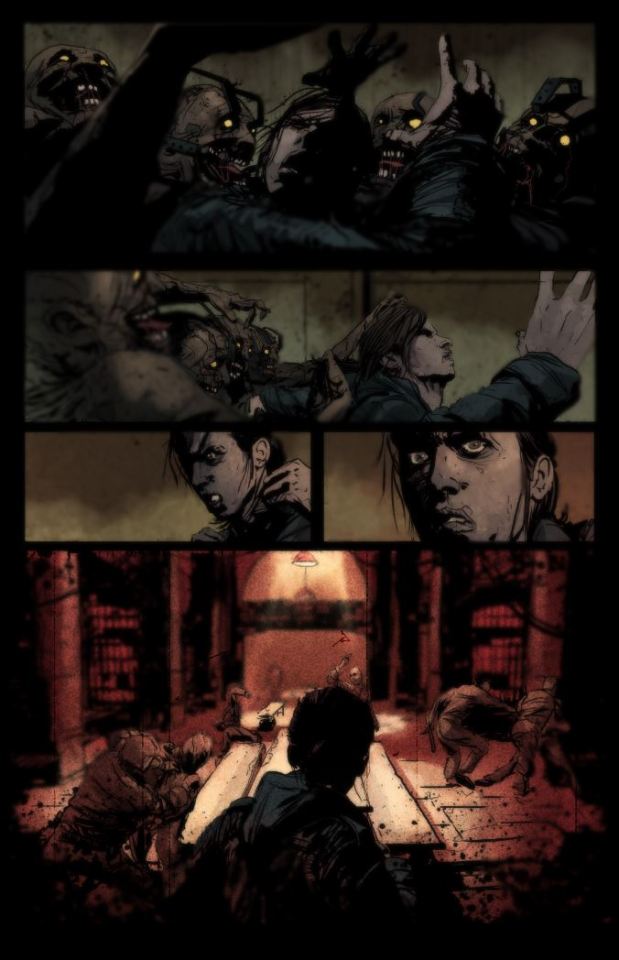
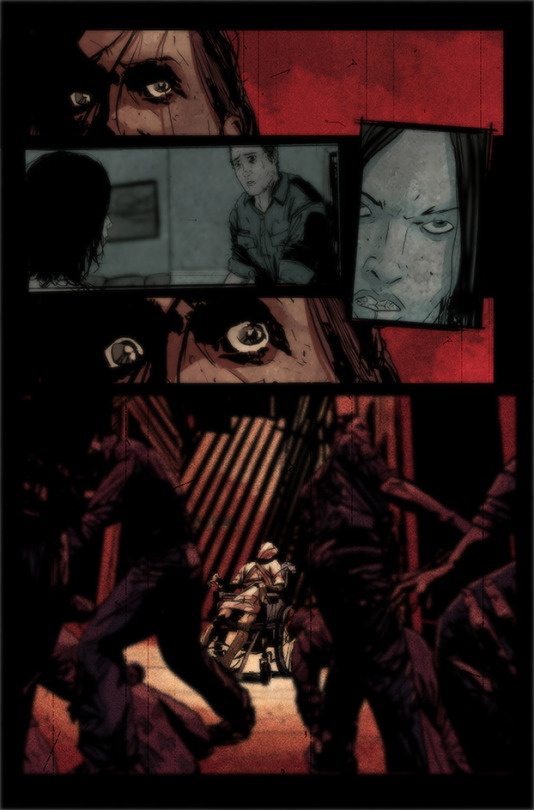
Silent Hill: Downpour - Anne’s Story
#silent hill#game#comics#silent hill downpour#silent hill: downpour#anne cunningham#anne marie cunningham#bobby ricks#frank coleridge#murphy pendleton#otherworld#robbie the rabbit#nurse#doll#mark cunningham#silent hill monsters#silent hill downpour anne's story#tristan jones#tristan t-rex jones#tristan t rex jones
62 notes
·
View notes
Text
Olympic Podium Appreciation
Request a player | with @alotofpockets









#woso#woso appreciation#woso community#uswnt#brazil wnt#gerwnt#dfb frauen#emily fox#casey murphy#trinity rodman#mal pugh#mallory pugh#sophia smith#ann katrin berger#bibiane schulze solano#sjoeke nüsken#feli rauch#felicitas rauch#klara bühl#sydney lohmann#rafaelle souza#Taina Borges
57 notes
·
View notes
Text
Gorgug mimes pulling a bench out of his pocket?! What in the Animal Crossing is going on here.
Why did it register on Fig's Divine Sense? As a follow-up, did she sense strong good or strong evil. I would also like to point out that Murph/Riz repeatedly said "she's got that dog in her" and then Emily/Fig responded to the bench situation with "Gorgug, you fucking dog." The way Zac has to yes-and what has happened but stumbles between "I cleaned it" and "I thought it was a different bench"??? Then Zac Oyama confirms that Gorgug has fucked (presumably with Zelda).
To be completely honest, I wish I didn't know about how the Bad Kids lose their virginities.
I'm so upset that this is canon. I got my heartfelt Fig and Gorgug moment but at what cost.
#gorgug thistlespring#fig faeth#mary ann skuttle#fhjy spoilers#fhjy#dimension 20#d20#fantasy high#fantasy high junior year#zac oyama#brian murphy#emily axford#zelda donovan#mine
86 notes
·
View notes
Text
whoever edited this needs a raise
#i am cackling#pwhl#pwhl montreal#montreal victoire#kristin o’neill#marie philip poulin#laura stacey#elaine chuli#ann renee desbiens#maureen murphy
46 notes
·
View notes